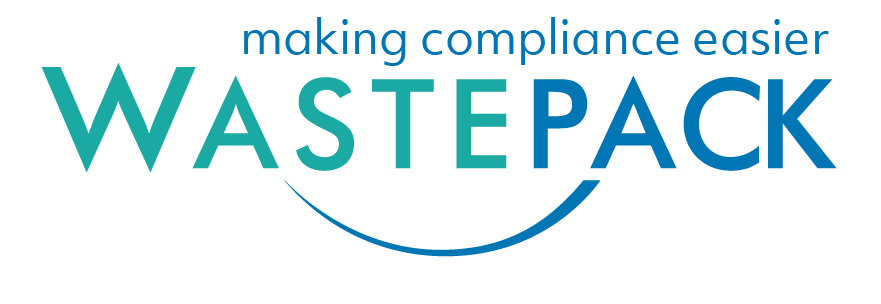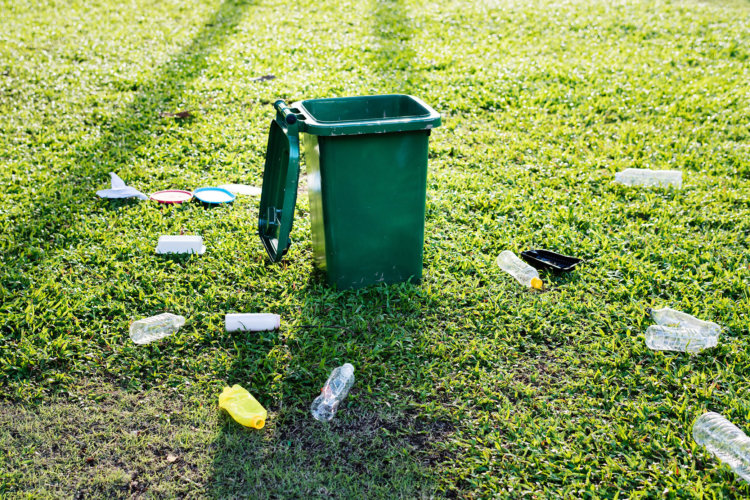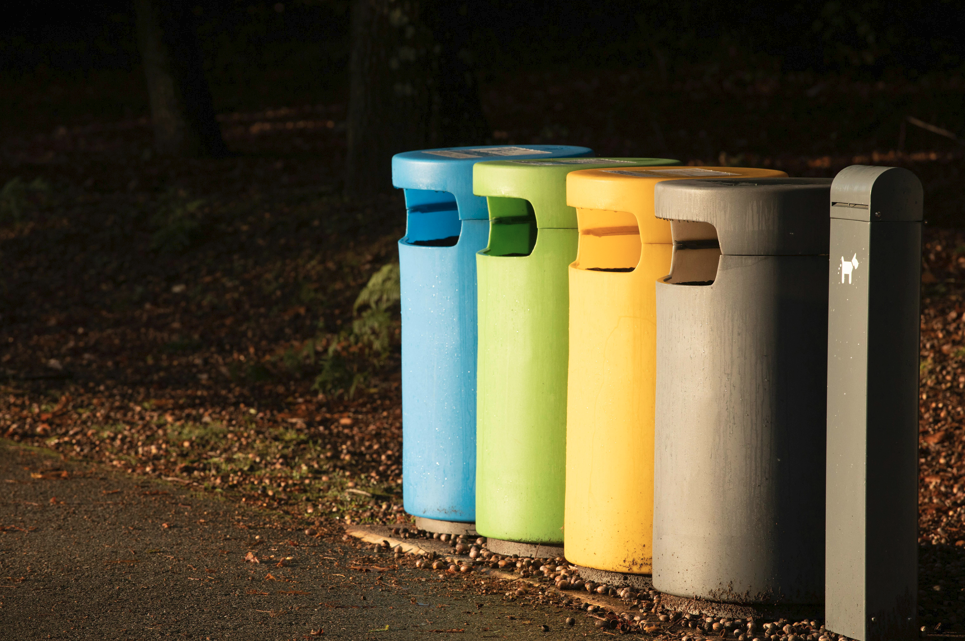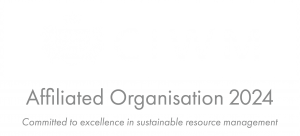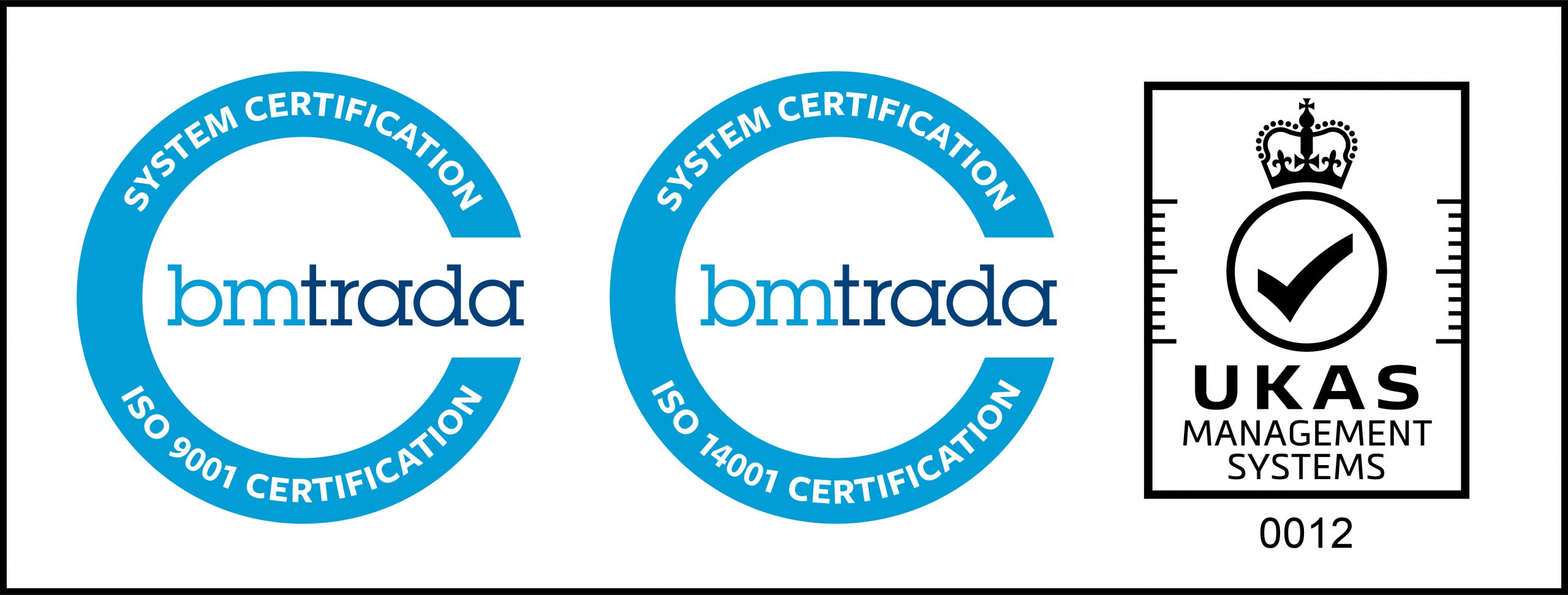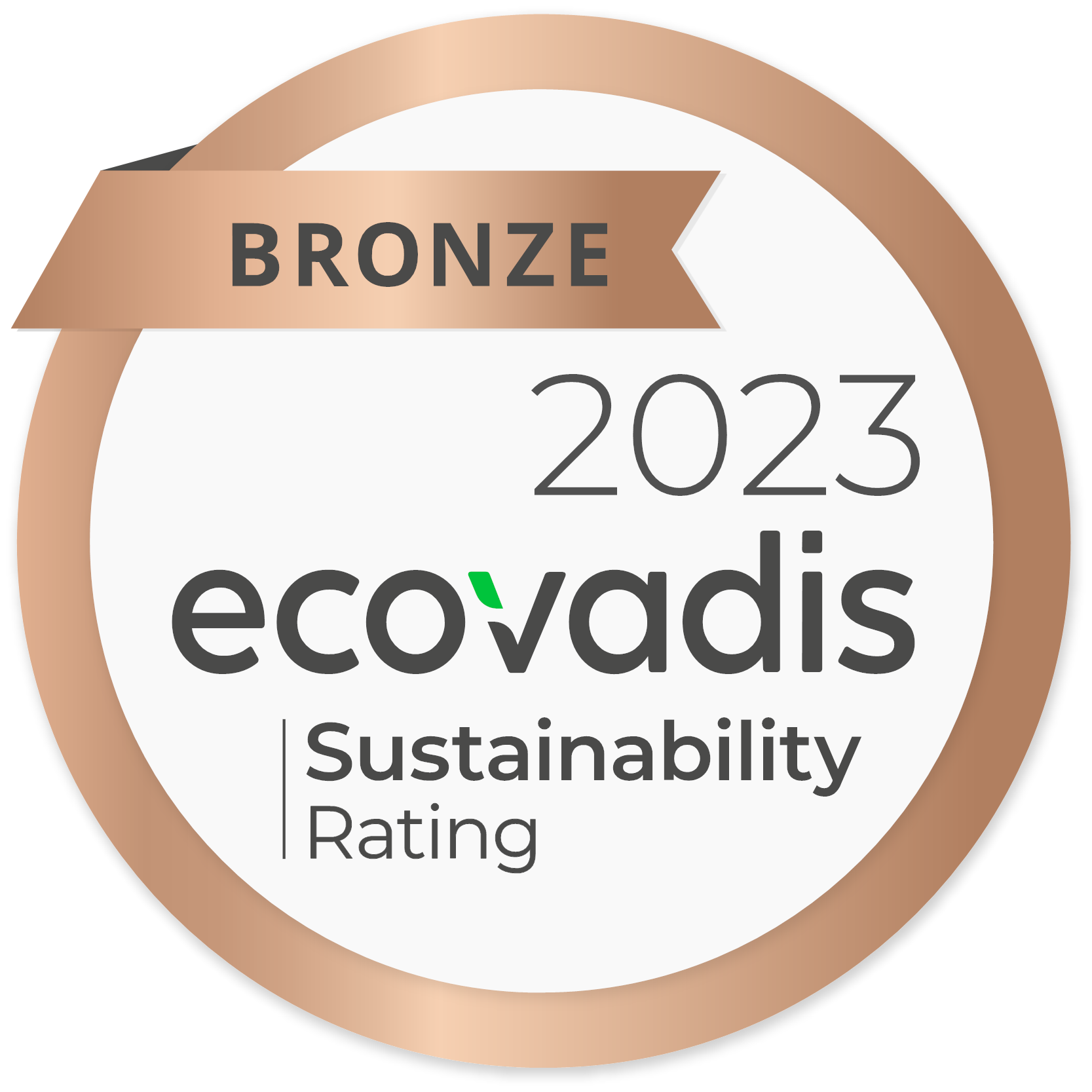FAQ's
Who is affected by the Packaging Waste Regulations?
The regulations apply to companies, groups of companies, partnerships or sole traders who carry out packaging activities or functions within the ‘packaging chain’, have a turnover of more than £2 million and handle more than 50 tonnes of packaging in a calendar year.
If a company within a group is below these thresholds does that company need to register?
Yes. If a group is obligated then all subsidiaries will be obligated by aggregation and will need to register and provide data on any packaging that they carry out an activity on.
What is packaging?
Packaging is defined within the regulations as, ‘all products of any nature to be used for the containment, protection, handling, delivery and presentation of goods…’
What packaging materials are included?
The main materials are paper, glass, steel, aluminium, plastic and wood. Other packaging materials such as hessian, cork, ceramics, jute and string are also included.
How is composite packaging recorded?
Under the regulations, composite packaging is classed as two or more materials which are not easily separable by hand. For recording purposes the weight of the packaging will be whichever is the predominant material by weight.
My company uses leased packaging, do I need to include these in my data return?
No. You only need to include the packaging you own. Leased packaging, such as 'Chep UK Pallets', is not owned by you, therefore you are not required to include them in your data return.
Are envelopes packaging?
No, unless they contain goods (e.g. mail order). Envelopes for junk mail, invoices, bank statements etc are not packaging.
I purchase imported products from a UK supplier. Do I have to pick up the importer's rolled-up obligation?
The obligation will lie with the person who first takes legal ownership of the packaging when it enters the UK. Rolled-up obligation means taking responsibility for any preceding packaging activities which took place abroad prior to the goods arriving in the UK.
Is anyone exempt from the Regulations?
Yes, charities are exempt. Please note that some charities also have trading operations which are NOT exempt, e.g some charitable activities.
If a customer asks me to provide them with information on the weight of packaging I have supplied to them, am I legally obliged to do so?
No, but it is normal business practice to exchange such information where possible.
How long do I need to keep records for?
You will need to keep them for a minimum of 4 years. As the packaging regulations are a piece of environmental legislation, you may be audited by the Agencies at any time during such a period.
Are pubs and clubs the sellers of beer and wine bottles?
Yes. Following the Judicial Review in May 2002 the courts decided that the customer is the end user of the beer bottle. This means that the pub/club/hotel/restaurant is the seller of the bottle and not the brewer.
Are empty disposable cups supplied with bottles or cans packaging?
Plastic cups provided with cans or bottles perform no packaging function and are therefore not obligated. Conversely, disposable cups in which drinks are provided, for example tea or coffee from a coffee shop, are considered packaging.
What material category does cellulose fall into?
Paper & fibreboard.
Where do I record MDF?
MDF is recorded as paper.
What is the ‘packaging chain’?
The packaging chain comprises the four main stages of packaging activities:
- Manufacturing raw materials for packaging
- Converting raw materials into packaging
- Packing and filling packaging
- Selling packaging to the final user
In addition, any business that imports packaging or packaging materials can have additional obligations.
What is the Plastic Packaging Tax?
The Plastic Packaging Tax is being introduced by HMRC and will come into force from April 2022. All eligible businesses will be liable to pay £200 per tonne on plastic packaging placed on the UK market that has less than 30% recycled plastic content. The new tax will be delivered separately to existing packaging waste regulations, and aims to help tackle plastic packaging waste, by providing a financial incentive to drive the development, design and use, of recycled content in packaging. Find out more here.
What is Extended Producer Responsibility?
Extended Producer Responsibility (EPR) is a policy tool which requires producers to be responsible for the packaging they place on the UK market at the end of its life. The UK Government first announced their intention to introduce EPR for packaging in the Resources and Waste Strategy published in 2018. EPR is in line with the 'polluter pays' principle which states those who produce pollution should bear the costs of managing it to prevent damage to human health or the environment.
Under EPR proposals packaging producers will be made responsible for the full net cost of managing the packaging they place on the market, with a modulated fee structure offering financial incentive to encourage sustainable packaging design to reduce EPR costs. The new EPR system will replace the current Packaging Waste Regulations, and under proposals set out in the 2021 consultation, implementation will be phased from 2023. Find out more here.
